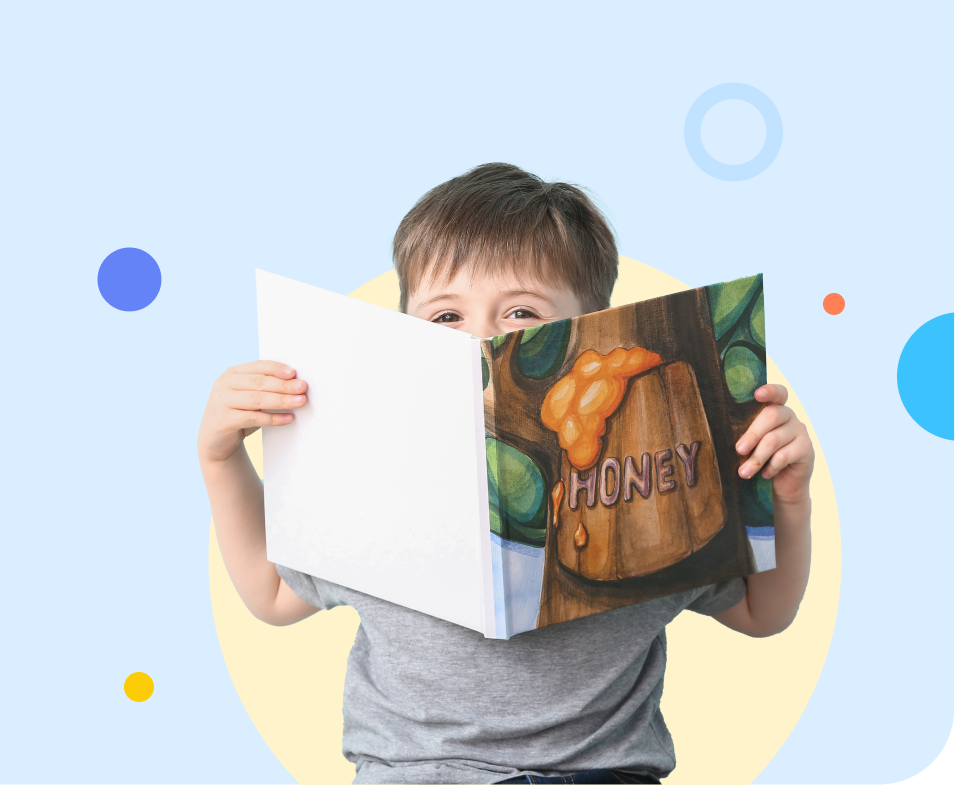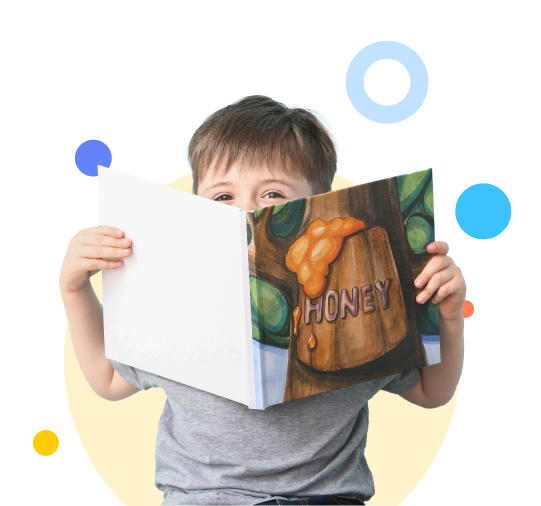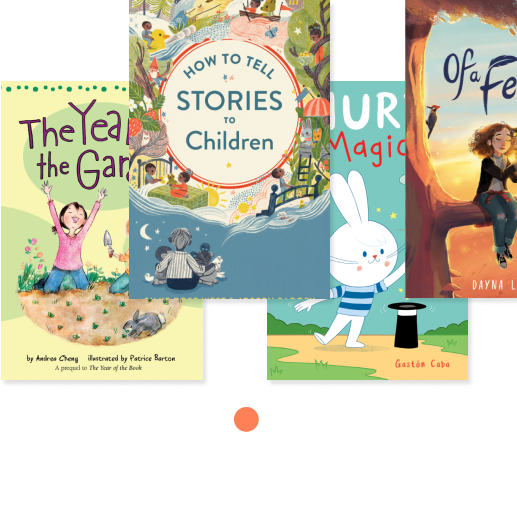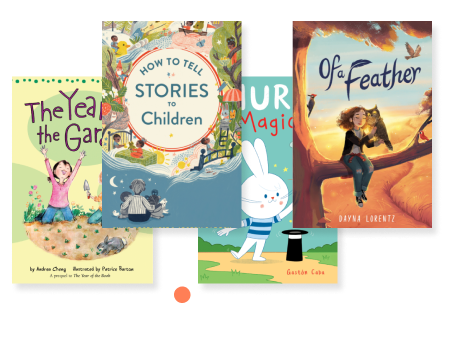
“Once you learn to read, you will be forever free.”
— by Frederick Douglass.

Course Features
Vocabulary enrichment, reading comprehension activities, speed reading tactics, written replies, group discourse on various topics in English. Content including natural science, history, biography, etc.
Students are carefully assigned to different classes and handled differently based on their prior knowledge, skill level, and potential. Teachers' scaffolding tactics and interactions are optimal for developing and improving students’ reading comprehension.
Read and reread a text with care and intent. Students concentrate on the author's message, the author's craft, the meaning of the words, and the text's structure.
Course Contents
recognize 150 simple vocabulary and 30 groups of antonymous adjectives.
follow the teacher to read the story aloud, and learn the pronunciation of the 26 letters in depth.
learn short sentences, and can make simple questions and answers.
Through reading a variety of topics, such as 1-20 numbers, vegetables and fruits, animals, facial features and limbs, age, festivals, weather, colors, etc., cultivate children's interest in English reading.
Identify words with similar pronunciation and understand the meaning of words in different contexts.
Continue to learn vocabulary related to daily life. The key words appear repeatedly to deepen the impression.
Develop children's ability to read words when they see it.
Let children experience English pronunciation rhythm and emotional expression.
Able to understand and proficiently use classroom language, and continue to learn new words and sentences.
Able to express daily oral English in a large number of complete sentences.
Able to distinguish the strong and weak sounds of letters.
Learn about multiculturalism by reading articles on different topics.
Recognize speech semantics and understand simple grammatical rules.
Explore reading articles on artistic topics such as music and fine arts.
Able to distinguish vocabulary in different tenses.
Learn and accumulate simple academic vocabulary.
Initially involves learning long and difficult sentences, and following the teacher to analyze the sentence structure.
In the process of reading story articles, the teacher helps children learn how to break sentences when reading.
Retell the story in an orderly manner.
Language knowledge is transformed into language ability to lay the foundation for subject learning.
After reading the story, you can clarify the logic of the article and answer the questions after class correctly.
Able to understand words and sentences in academic articles.
Learn to use the thinking mode of English reading to understand the article.
Read articles in English and explore knowledge of mathematics, humanities and social sciences.
lengthen the length of reading to improve reading speed.
learn and accumulate complex academic vocabulary.
able to read articles independently and emotionally.
Able to ask valuable questions and answer them according to the logic of the article.
More complex sentence structure will appear in this level of reading, to understand the role of the logical connection vocabulary between sentences.
Develop an authentic way of thinking in English through the reading of difficult English articles.
through English reading, explore simple knowledge of biology, chemistry, physics, aerospace, robotics and other topics.
English reading at this stage will not be limited to articles on subject topics. Students will also challenge articles on topics that include social and international issues.
Think about the issues in the article in a dialectical manner, and give your own opinions under the guidance of the teacher.
Under the guidance of the teacher, learn how to summarize the topic of the article.
Master the necessary skills to use the language, and improve the ability in four aspects: listening, speaking, reading, and writing.
We work with the Houghton Mifflin Harcourt Group (HMH), one of the four largest educational publishers in the United States, to select authoritative subject textbooks. HMH has nearly 200 years of educational publishing history, integrating the ideas of educators and the essence of teachers’ practice to solve the difficulties of children’s education.

